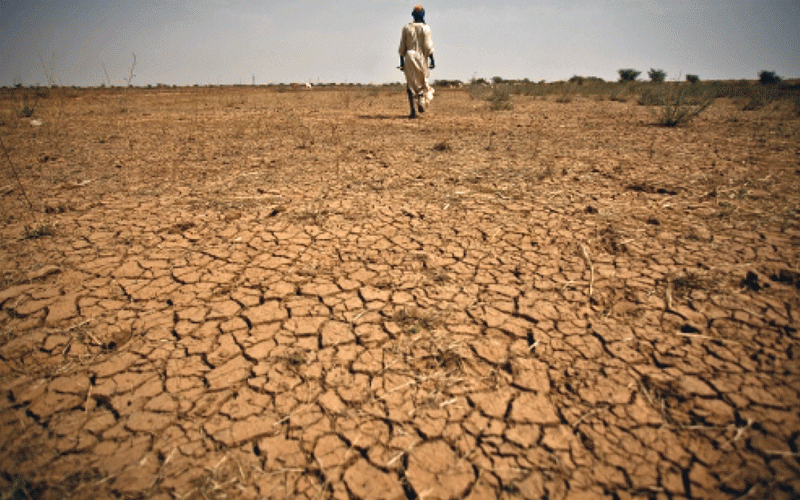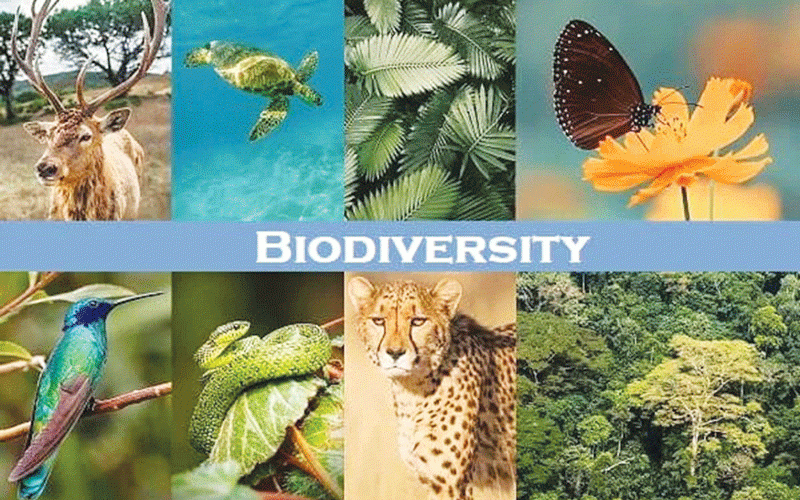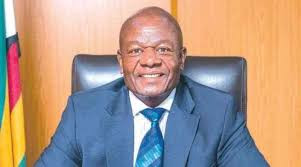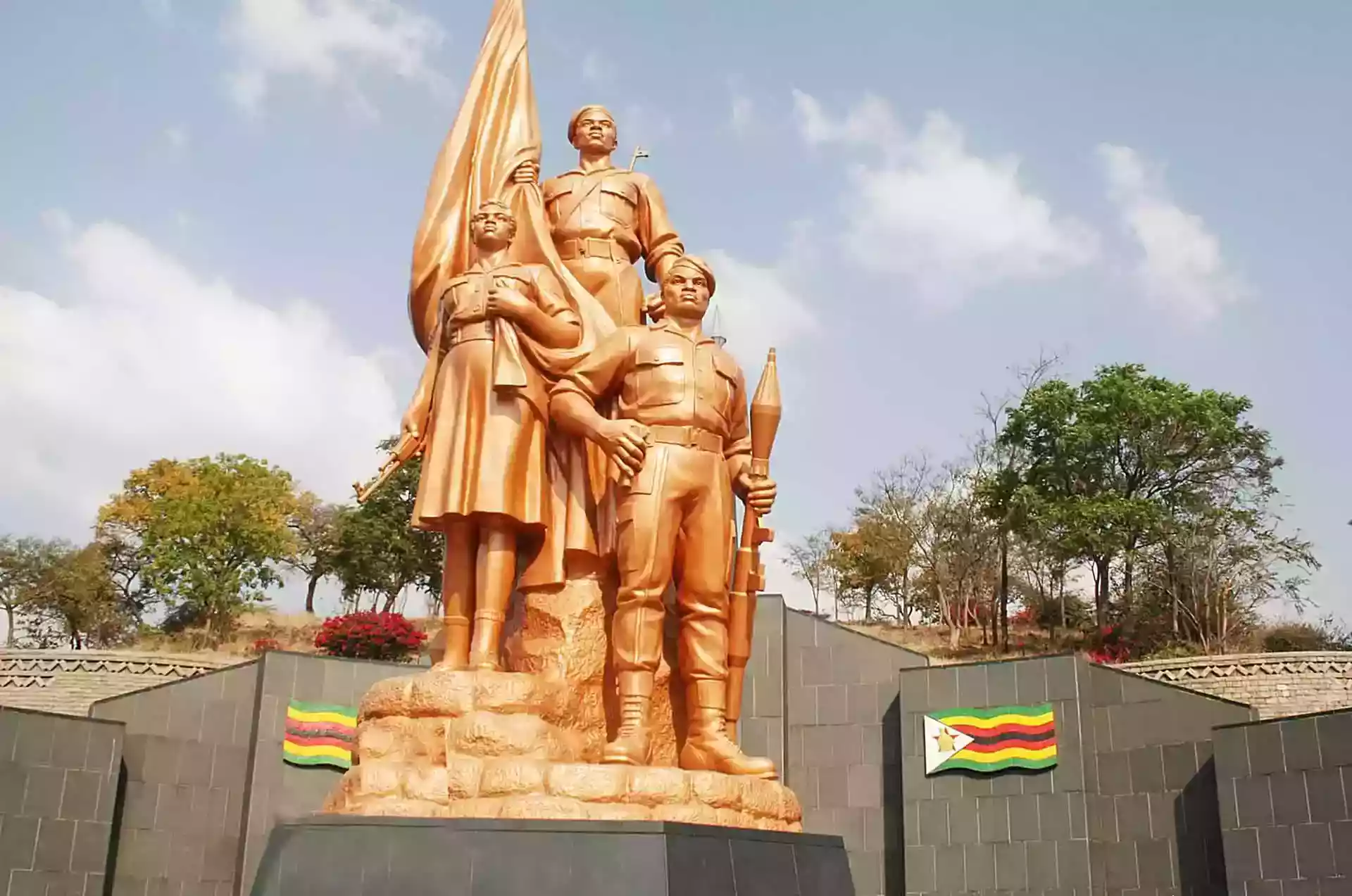
CLIMATE change is now a global problem. It is primarily caused by commercial activities that emit greenhouse gases into the atmosphere. Climate change has various negative impacts on the environment, society and economy.
This means that the issue requires collective action and co-operation from stakeholders and countries to mitigate its impacts effectively and sustainably.
Often, there are instances where certain countries or actors opt to benefit from the efforts of others without contributing their fair share in what is popularly referred to as freeriding.
The free-rider concept refers to a situation where companies, countries, parties or individuals choose to benefit from a public good or resource without necessarily contributing their share of the costs or efforts associated with its provision.
Illegal connection of electricity from Zesa powerlines is a good example of freeriding. It’s a criminal offence that can land someone in prison.
In the context of climate change, the free-rider problem arises when some countries or actors deliberately decide not to action to mitigate greenhouse gas emissions, but expect to benefit from the global efforts to address climate change.
Since climate change is a global issue, it requires global action and co-operation among nations to effectively mitigate its impacts. But due to the complex nature of international relations and differing national interests and policies, some countries might decide not to take steps towards reducing greenhouse gas emissions. This creates a free-rider problem, as these countries are likely to benefit from the sweat of others.
A good example of freeriding in relation to climate change is seen in the case of countries, especially in the Global South.
- COP26 a washout? Don’t lose hope – here’s why
- Out & about: Bright sheds light on Vic Falls Carnival
- COP26 a washout? Don’t lose hope – here’s why
- Out & about: Bright sheds light on Vic Falls Carnival
Keep Reading
Many developing nations say that they should not be held accountable for climate change and should not be obliged to observe the same emission reduction benchmarks as developed countries, as they have contributed less to the climate problem.
They hold their clutches to the polluter pays principle, arguing that countries in the Global North should bear the burden in reducing emissions and providing financial assistance for adaptation and mitigation efforts.
This argument is premised on the thinking that developed countries have already benefited from industrialisation and economic growth which fuelled huge greenhouse gas emissions. These developing nations claim that they should be allowed to pursue their development paths without being constrained by unrealistic emission reduction targets pushed by the Global North.
This claim places the burden of addressing climate change primarily on developed countries while allowing developing nations to continue emitting at will.
Individual countries or companies can also display the free-rider attitude in relation to climate change. In some cases, countries or corporates refuse to take action to reduce their carbon footprint due to concerns about economic competitiveness or short-term costs.
They do this by deliberately refusing to invest in green energy technologies or energy-efficient practices, opting to rely on others’ efforts in reducing emissions.
Corporates usually refuse to implement emission reduction measures because it puts them at a disadvantage compared to competitors in jurisdictions with less stringent regulations.
This creates an unfair situation where some companies benefit from the efforts of others without making their own contributions.
The free-rider problem also extends to individuals. While individuals may be aware of their obligations in reducing their carbon footprints, they might refuse to act owing to lack of awareness, convenience or perceived insignificance of their individual actions.
Obviously, they will have to rely on others to make necessary behaviour changes while continuing on their disastrous ways.
Why freeriding?
The concept of historical responsibility is one of the reasons why some countries decide to free ride. Developed countries in Europe and Americas are the largest contributors to greenhouse gas emissions, contributing significantly to global warming.
As a result, developing countries argue that they should not bear the same level of responsibility for mitigating climate change as their developed counterparts.
A wedge has developed between countries that perceive themselves as having historical responsibility and those that do not, pushing some countries to free ride on the efforts of others.
Many developing countries face capacity constraints in terms of financial resources, technology and institutional capabilities to tackle climate change.
These constraints make it challenging for them to actively participate in climate change mitigation efforts. Limited financial capacity has restricted many developing counties from investing in green energy infrastructure or implementing sustainable adaptation measures.
Lack of access to advanced technologies further constrains their capacity to reduce emissions or adapt to changing climatic conditions.
Additionally, weak institutional frameworks and governance structures make it difficult for these countries to effectively co-ordinate and implement climate change policies.
This has resulted in many developing nations resorting to freeriding on the efforts of other countries or international organisations.
Several developing economies rely heavily on natural resources such as oil, gas and minerals for their economic development.
Exploitation of these resources often leads to high levels of greenhouse gas emissions.
Obviously, these countries are reluctant to reduce emissions or transition to cleaner energy sources due to economic challenges.
They obviously perceive climate change mitigation efforts as a threat to their economic growth and development.
Consequently, they choose to free ride on the efforts of other nations while continuing to exploit their natural resources without putting in place significant emission reduction measures.
Way forward
All hope is not lost. Addressing the free-rider problem is critical if effective global action on climate change is to be sustained. It requires goodwill of all countries, especially in the Global North, co-operation, clear and enforceable agreements, and mechanisms to ensure that all actors contribute their fair share towards emission reductions and climate resilience.
One approach to addressing the free-rider problem is through international agreements such as the Paris Agreement.
The Paris Agreement aims to limit global warming to below 2 degrees Celsius above pre-industrial levels and pursue efforts to limit temperature increases to 1.5 degrees Celsius.
All parties to the Paris Agreement, which gave birth to nationally determined contributions (NDCs), should be help accountable to their commitments.
NDCs serve as a roadmap for countries to outline their climate actions and goals, considering their circumstances, capabilities and development priorities.
The Paris Agreement encourages countries to communicate their NDCs every five years, with each subsequent submission building upon the previous one.
Additionally, mechanisms such as carbon pricing can help internalise the costs of greenhouse gas emissions and incentivise actors to reduce their carbon footprint.
By putting a price on carbon emissions, it creates economic incentives for emission reduction and encourages adoption of clean technologies.
Furthermore, raising awareness about the impacts of climate change and the importance of collective action can help overcome the free-rider problem at both national and individual levels.
Educational campaigns, public discourse, and media coverage play a crucial role in shaping public opinion and fostering a sense of responsibility towards addressing climate change effect.
There is no doubt that freeriding undermines global efforts to address climate change, it creates an inequitable distribution of the costs and burdens associated with the climate crisis.
It also erodes trust and co-operation among nations, hindering collective action on climate change.
Therefore, it is crucial to promote global co-operation, strengthen international agreements, and ensure that all countries contribute their fair share towards mitigation and adaptation efforts. All hands on the deck so to speak.











